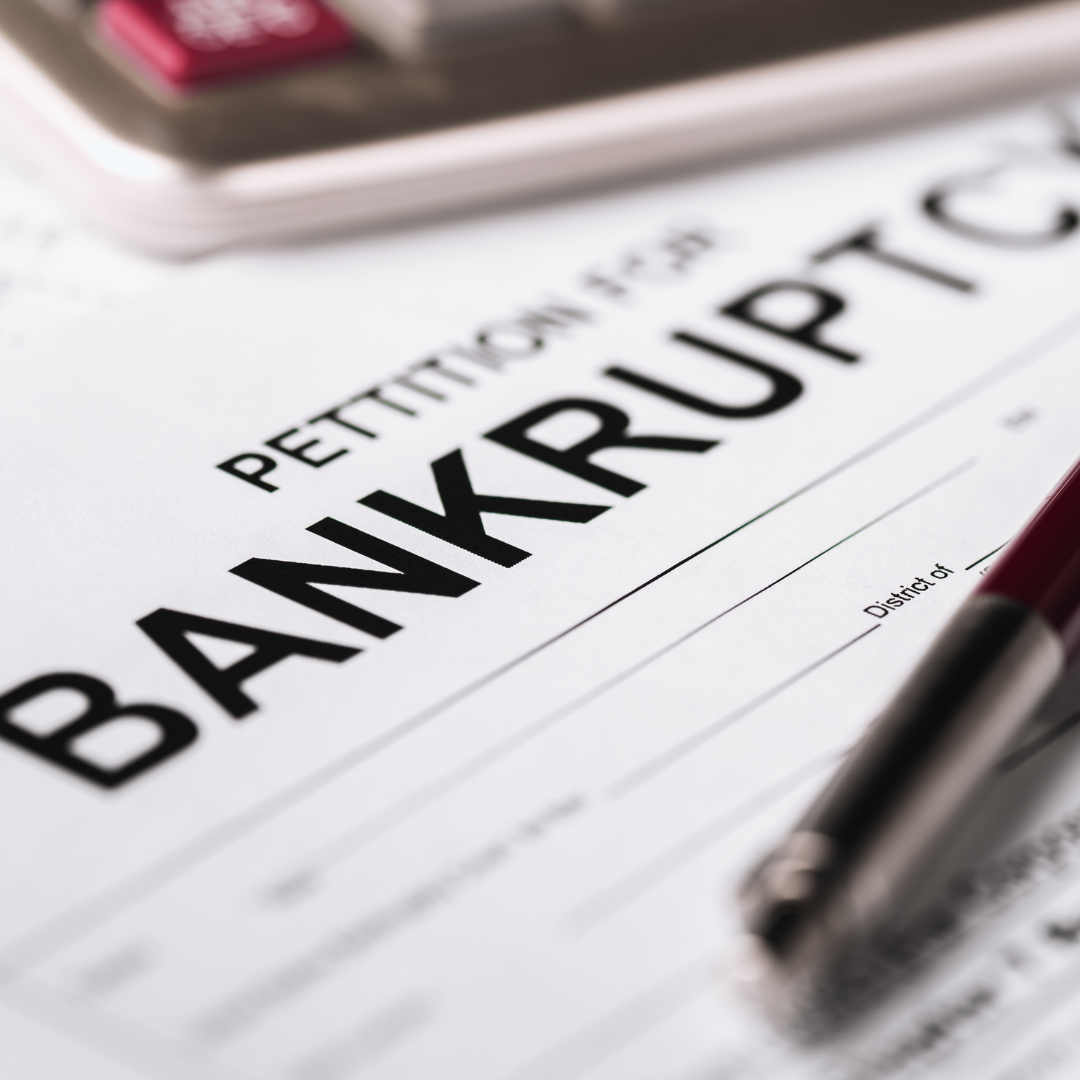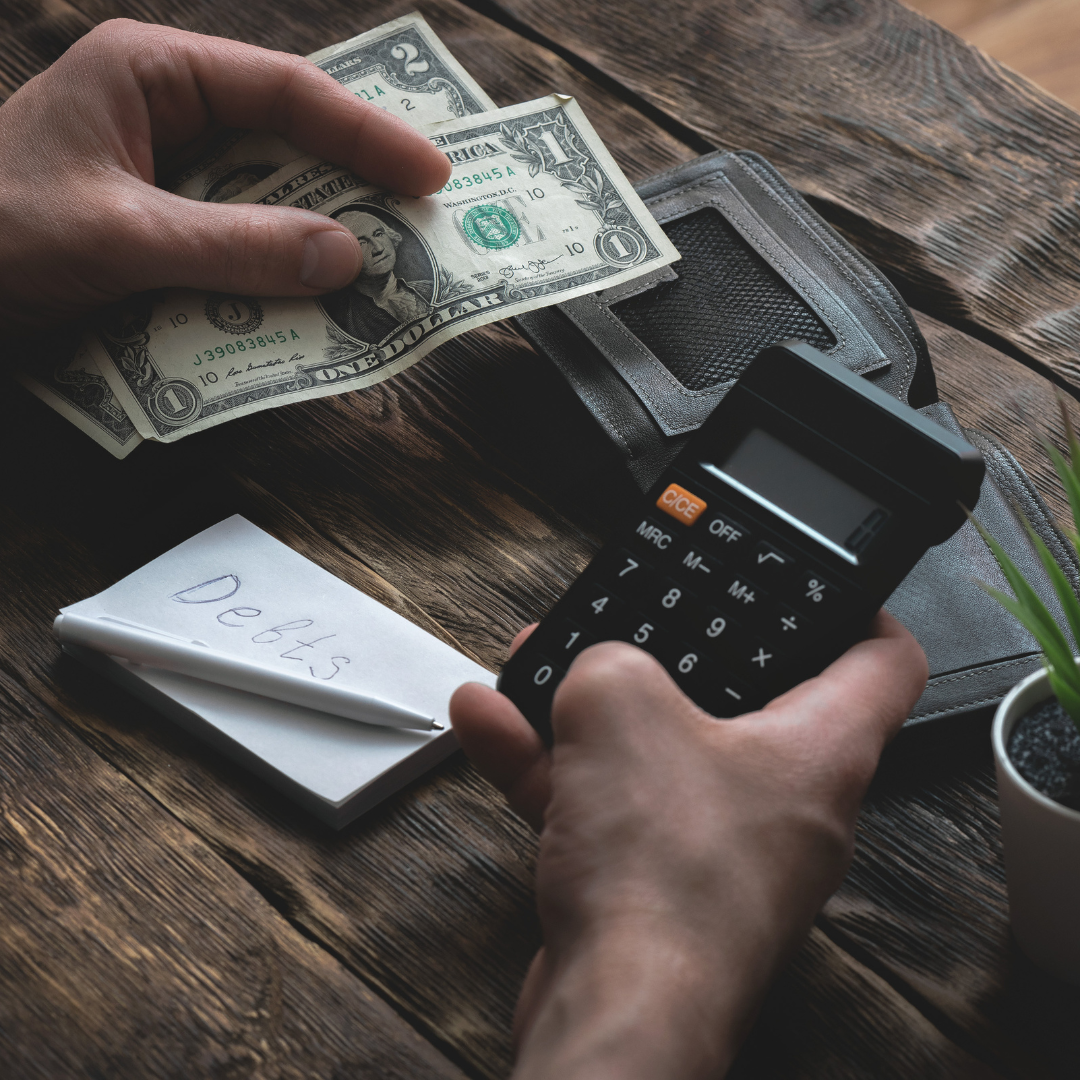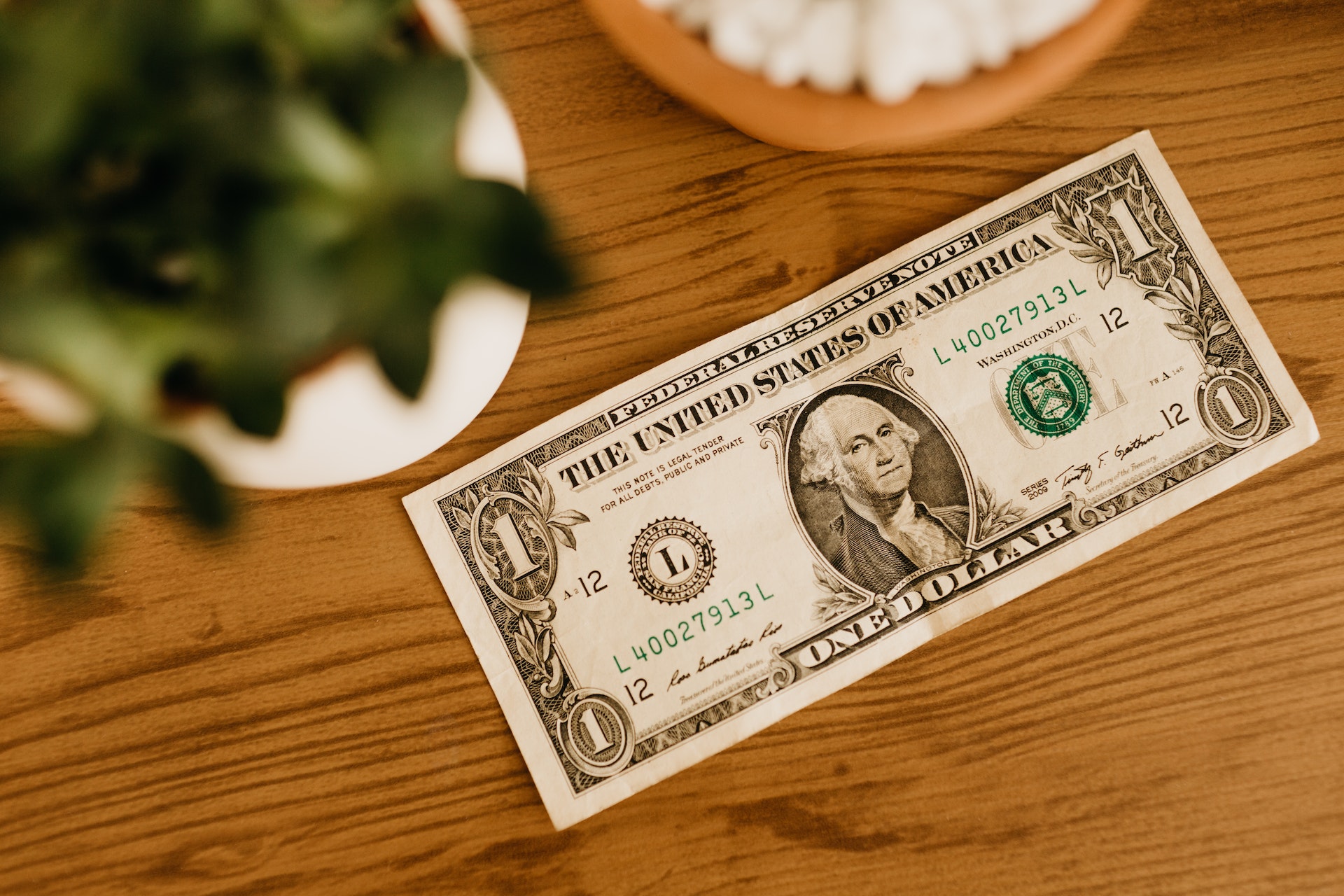The word bankruptcy is scary to a lot of people. Most people see it as a word that means bad things. It conjures up feelings of being helpless, living on the street, and having no money left to buy food and raise your children. To many people, bankruptcy is the lowest of the low and is something that we should avoid at all costs.
Fortunately, that’s really not the case.
Bankruptcy is an option to help you get rid of your debts whenever you’re in financial trouble. Perhaps you’ve recently had to spend a lot of your savings on emergency expenses, maybe your medical bills are taking a toll on your finances, or you could have even lost your job and are now struggling to make ends meet.
Whatever your circumstances are, bankruptcy shouldn’t be a taboo that you avoid. In fact, it should be a viable option much like any other debt solution. So in this post, we’re going to talk about bankruptcy, explain what it is, and also offer some reasons for why you might want to consider it if you’re in a financial jam.
Is bankruptcy a common thing?
One of the reasons why people think that bankruptcy should be avoided is because they don’t understand how common it really is. Sure, nobody should be aiming for bankruptcy and it should technically be avoided at all costs. However, debt is extremely common and it’s important to look for ways to overcome your financial troubles.
If you look at bankruptcy stats, you’ll see that there are hundreds of thousands of people claiming bankruptcy every year. In 2019 alone, there were around 774,940 cases of bankruptcy filings with around 97% of them coming from individuals. It should also come as no surprise to learn that these bankruptcies were filed by people that aren’t in a great financial situation. They often have low income and they’re usually struggling with basic necessities. Nobody wants to be in this situation, hence why bankruptcy can be seen as a ticket out of that lifestyle to help you restore your financial health.
Why do people go bankrupt in the first place?
So what actually causes people to go bankrupt in the first place?
- Losing income is perhaps one of the most common reasons why people go bankrupt in the first place. If you’re suddenly demoted or lose a source of income, then it’ll negatively affect your financial situation. You might be unable to make mortgage payments on time or you might struggle to pay back existing debts.
- Outstanding medical conditions is another common reason for going bankrupt. If you have to undergo many different medical procedures and also spend money on assistive technologies such as a wheelchair, then it’s going to quickly add up in terms of cost.
- Credit card debts are another common reason for why people go bankrupt. They often don’t realize how high-interest fees are. This can result in a lot of overspending and it’s important to cut down so that you stay within your financial constraints.
You’ll find that people panic about their finances once the option of bankruptcy becomes a little more realistic for them. Thankfully, bankruptcy isn’t the only option but does still remains one of the most effective choices.
What are the alternatives to bankruptcy?
Here are a few alternatives to bankruptcy that you might want to consider.
- Finding other ways to pay off your debts. There could be many ways for you to pay off your debts. For instance, you could try and save a little bit more money from your paycheck each month so you can make higher than minimum payments. Alternatively, you could sell off some of your belongings to make a bit of extra money. You might also be able to take up a second job or work more hours to pay off your debts faster. A lot of these options sound obvious, but they’re undoubtedly effective ways to help you pay off your debts sooner.
- Negotiate with lenders. You may be entitled to various debt settlement options to help you effectively erase some of your debt. This option isn’t available to everyone but can be a fantastic way to ease your debts if they’re low enough or if you can show that you’re unable to pay the lender back.
- Consolidate your debts. Some banks and lenders might offer you the chance of consolidating your debts. This essentially means taking out a large loan to pay off every debt and then only having a single entity to repay it to. This usually results in lower interest rates and can be an effective way to reduce your debts,
Reasons why you might want to consider filing for bankruptcy
So what are some of the most common reasons why you might want to file for bankruptcy?
- You’re chaining credit cards into each other. If you use one credit card to pay for another, then you’re probably in a really bad spot in terms of money. Make sure you try and avoid chaining credit cards into each other because it’s going to spiral out of control really quickly.
- Your debts are affecting your personal life. Did you know that the effects of debt can also include stress and other similar mental conditions? It’s extremely important that you deal with debt as soon as you can so you can return to a comfortable lifestyle where you’re not stressing out over your debts.
- Your interest rates are going up. If you’ve taken out a number of loans in the past then there’s a good chance that your interest rates have increased over the years. If this is the case, then you may want to consider filing for bankruptcy soon or using a method to clear your debts so you can avoid paying higher interest rates.
- You’re already working multiple jobs. It’s easy to say “just earn money” if you want to get rid of your debt. However, if you’re already working multiple jobs and are feeling the stress get to you, then bankruptcy may be the best option.
- Your wages are being garnished. The term wage garnishment refers to your employer taking money from your paycheck in order to satisfy a lender’s conditions. If you owe someone money, they might try to speak with your employer to get them to pay up on your behalf. However, this results in you getting less money with each paycheck.
- The alternatives haven’t helped. If you’ve tried alternatives to debt management and they don’t work, then we’d suggest considering bankruptcy so you can wipe out the majority of your debts in a single blow.
- You’re using credit to pay for daily necessities. If you’ve reached a point where you rely on credit to pay for every essential it’s time to consider debt solutions to ensure you stay healthy and boost your well-being. Debt is troubling to deal with, but it should never result in you having trouble putting food on the table.
Getting started with a bankruptcy claim
So how exactly do you get started with a bankruptcy claim? If you’ve read through this article and done a bit of research on the implications of a bankruptcy claim, then you might want to consider contacting Leinart Law Firm or a similar bankruptcy expert for more advice. They’ll help you analyze your situation so that you can get a better understanding of the options available to you for dealing with your debts.
In some cases, you’ll be recommended alternate options to help you deal with your debts. However, if bankruptcy does seem like the only viable option to help you get out of debt, then they’ll likely proceed with the process.
Bankruptcy isn’t a pass to drop your financial responsibilities
It’s worth mentioning that filing for bankruptcy doesn’t free you from your financial responsibilities. You’re still going to need to save money, you might still need to repay your lenders a smaller amount of money, and you’ll need to develop excellent money management skills to ensure you never fall into debt again.
It’s worth remembering that bankruptcy doesn’t actually cover all loans. For instance, it can’t help you with student loans, so you’re still going to need to pay that back yourself.
What comes after bankruptcy?
So what comes after bankruptcy? Now that you’re free to spend your money and have a large weight off your shoulders, you can start learning to budget your finances so you never end up in debt again. Using preventative measures will help you stay clear of debt in the future. But that’s just the start of your new life with financial freedom. There are many other things to do, such as learning to save money and finding ways to cut down on unnecessary expenses.
In other words, look for ways to secure your financial freedom in the future so you never have to think about bankruptcy or debt again.












